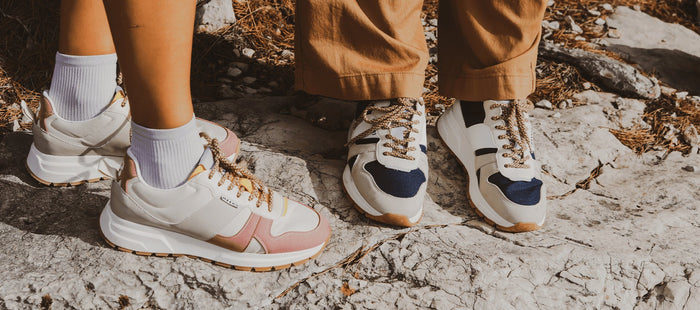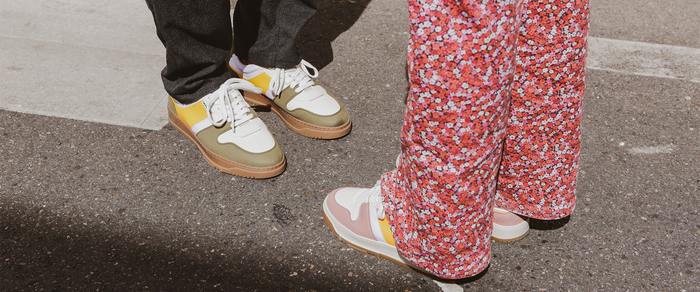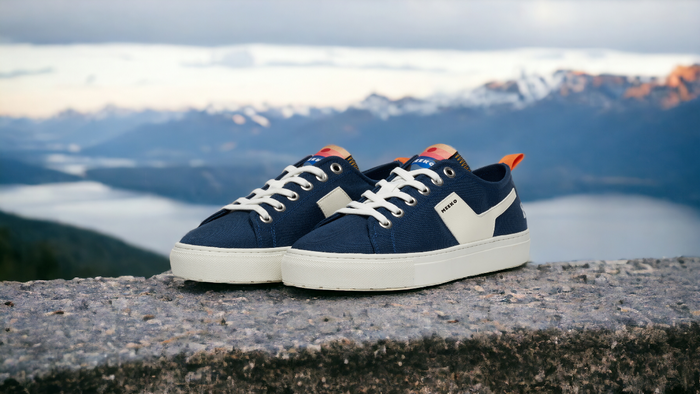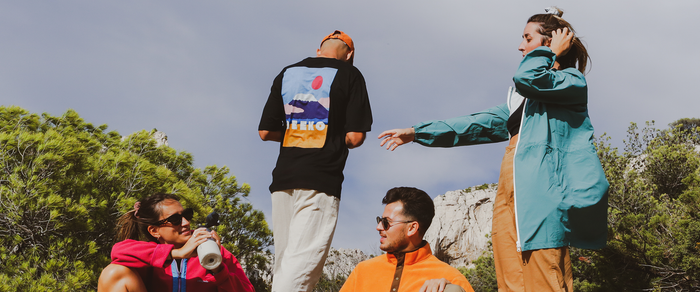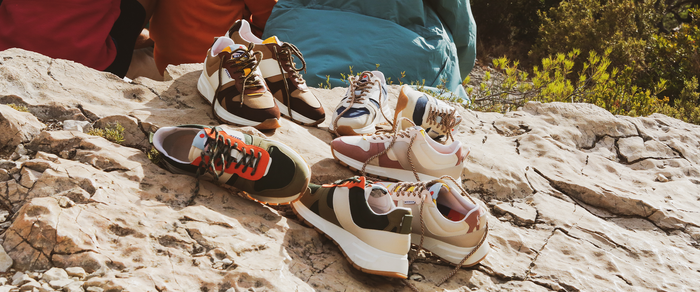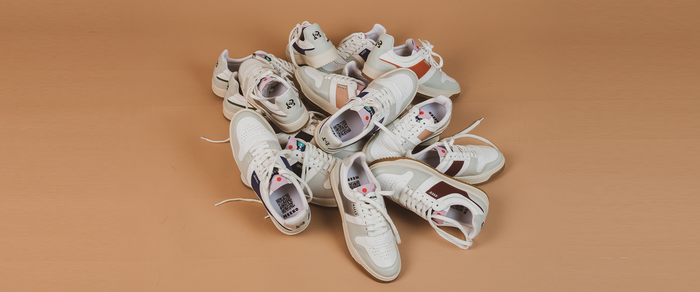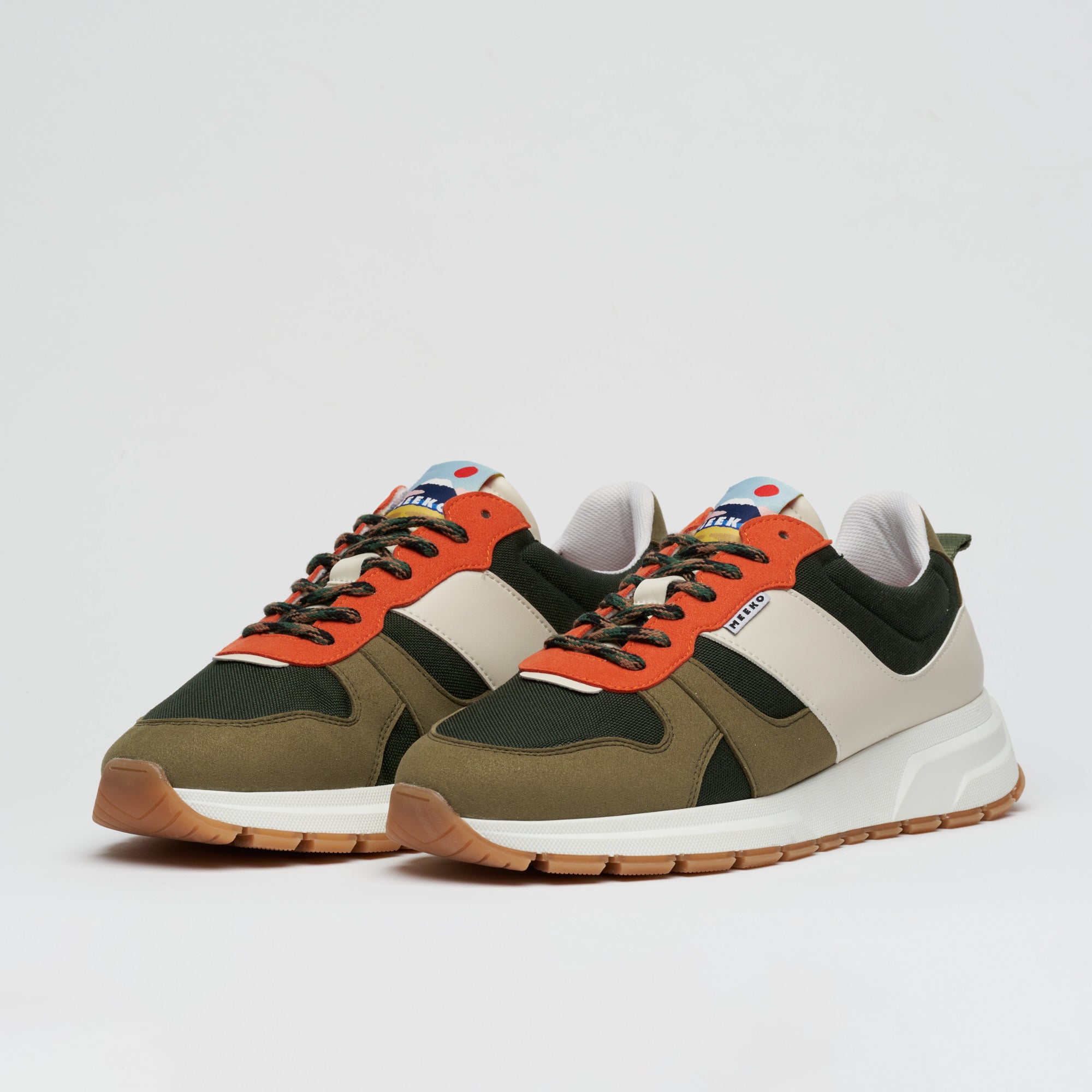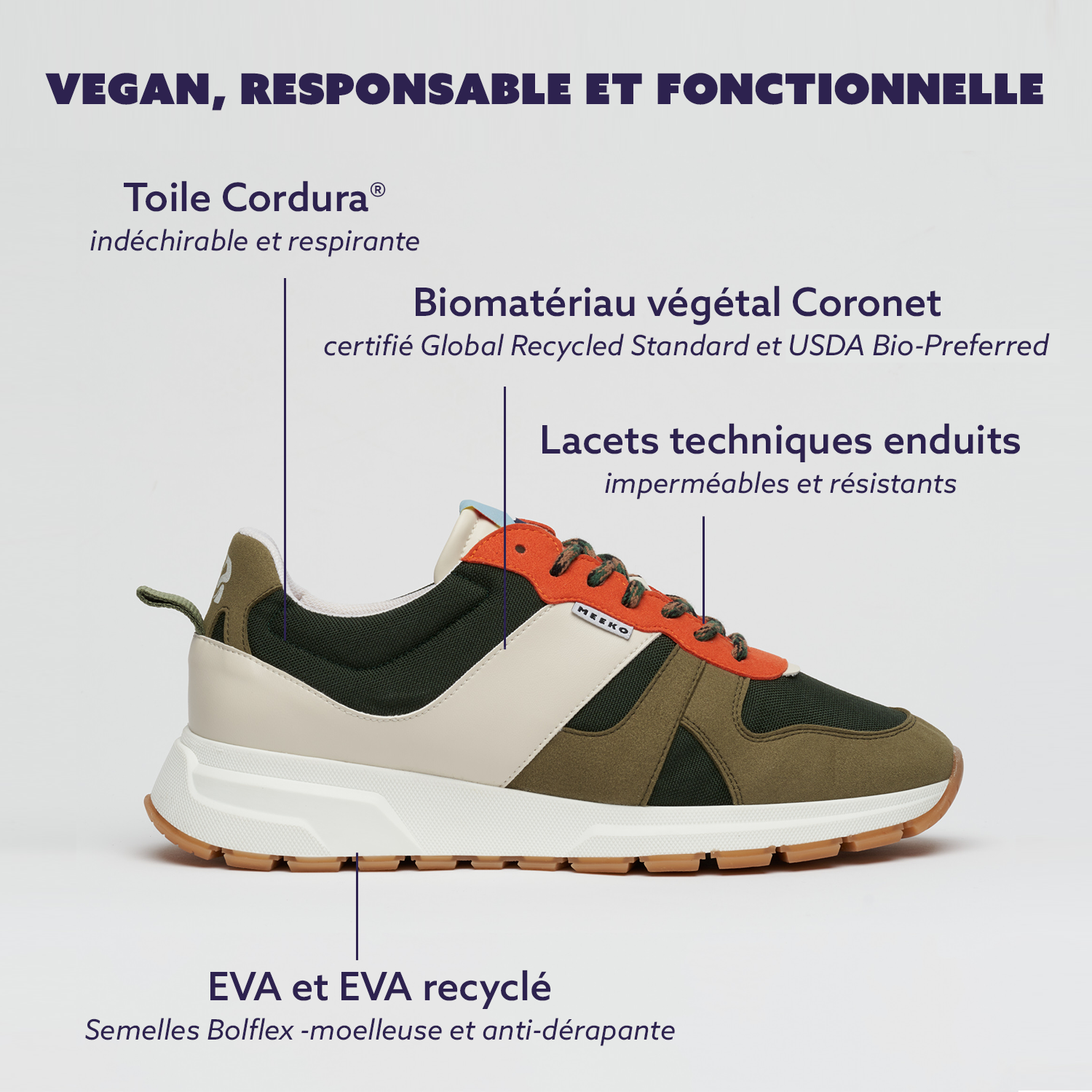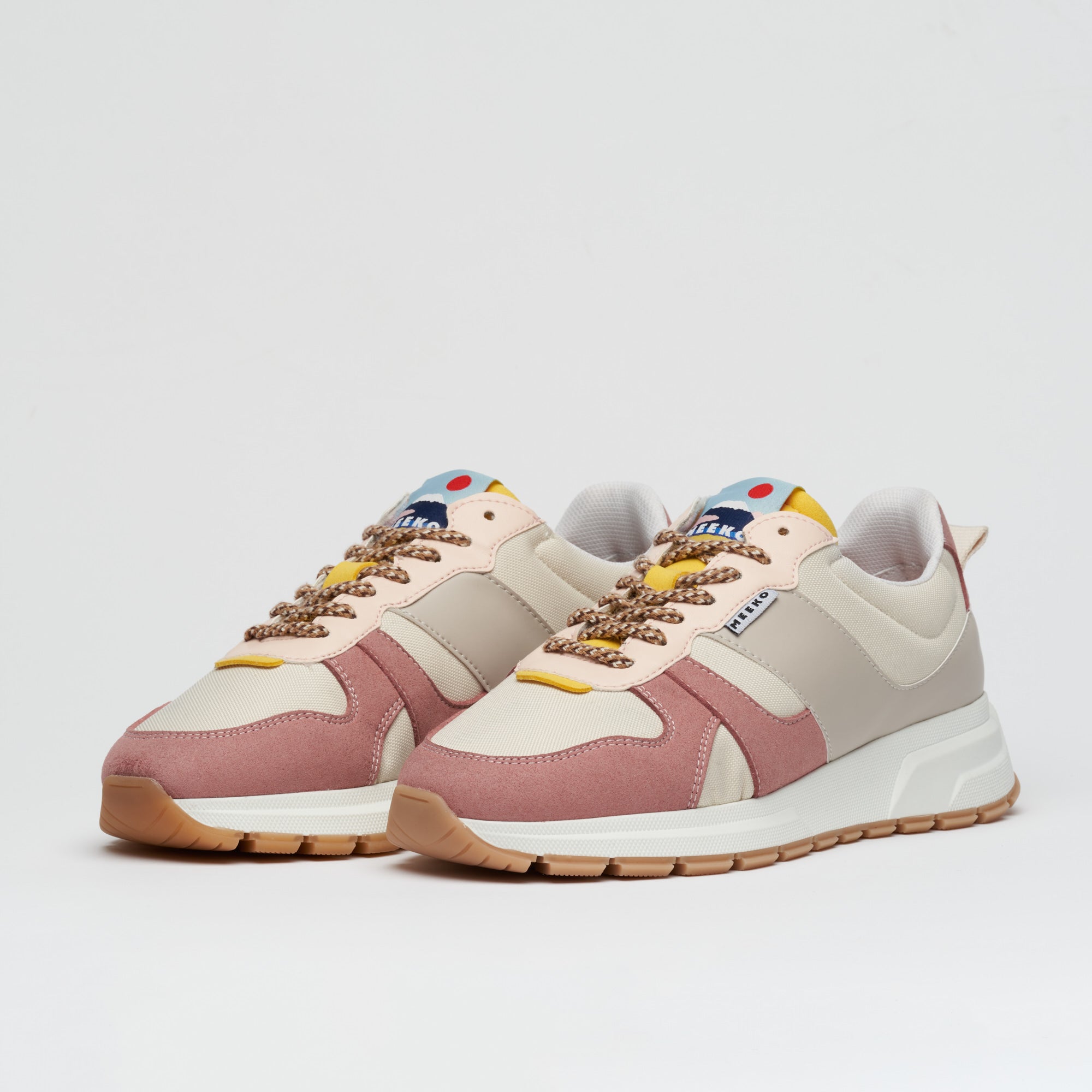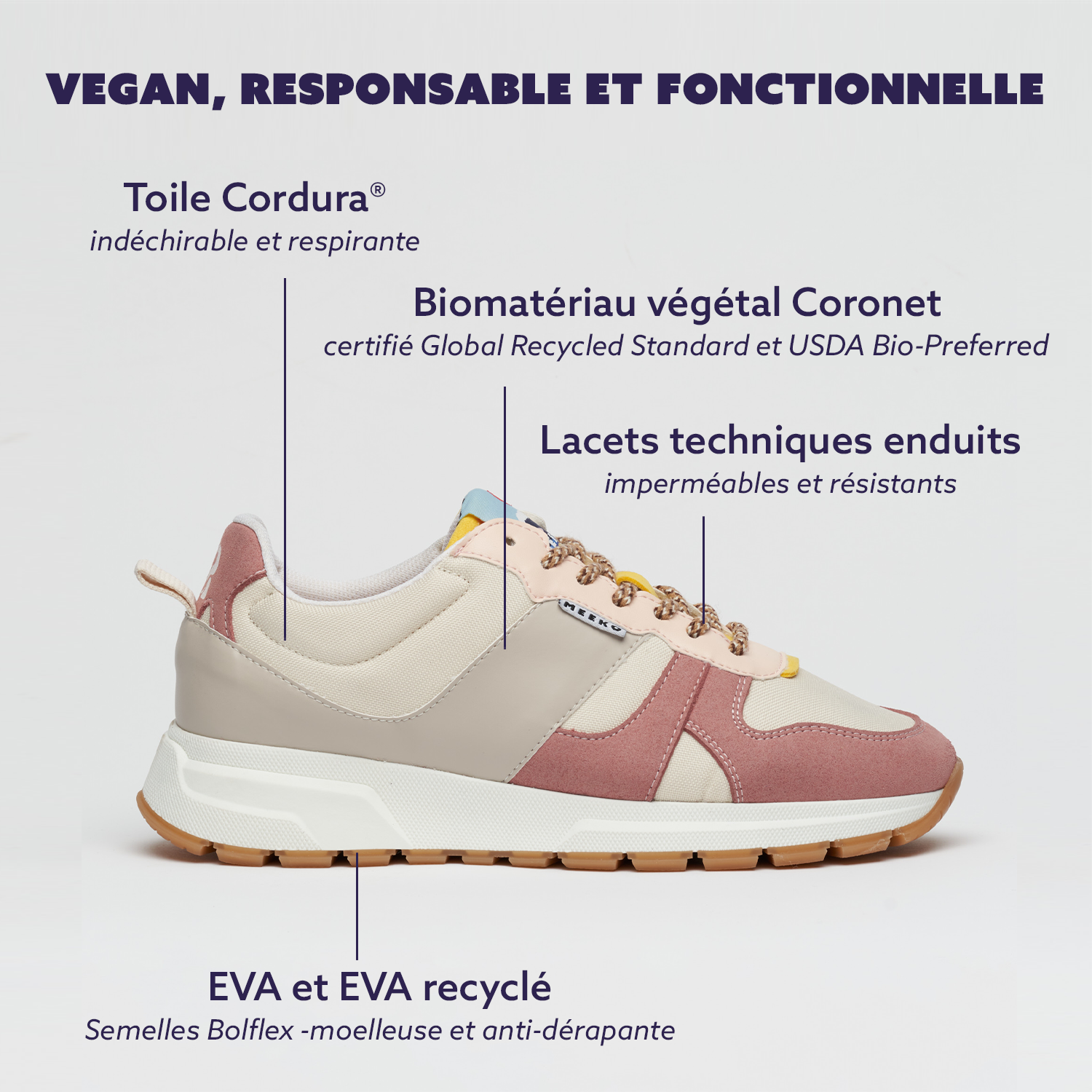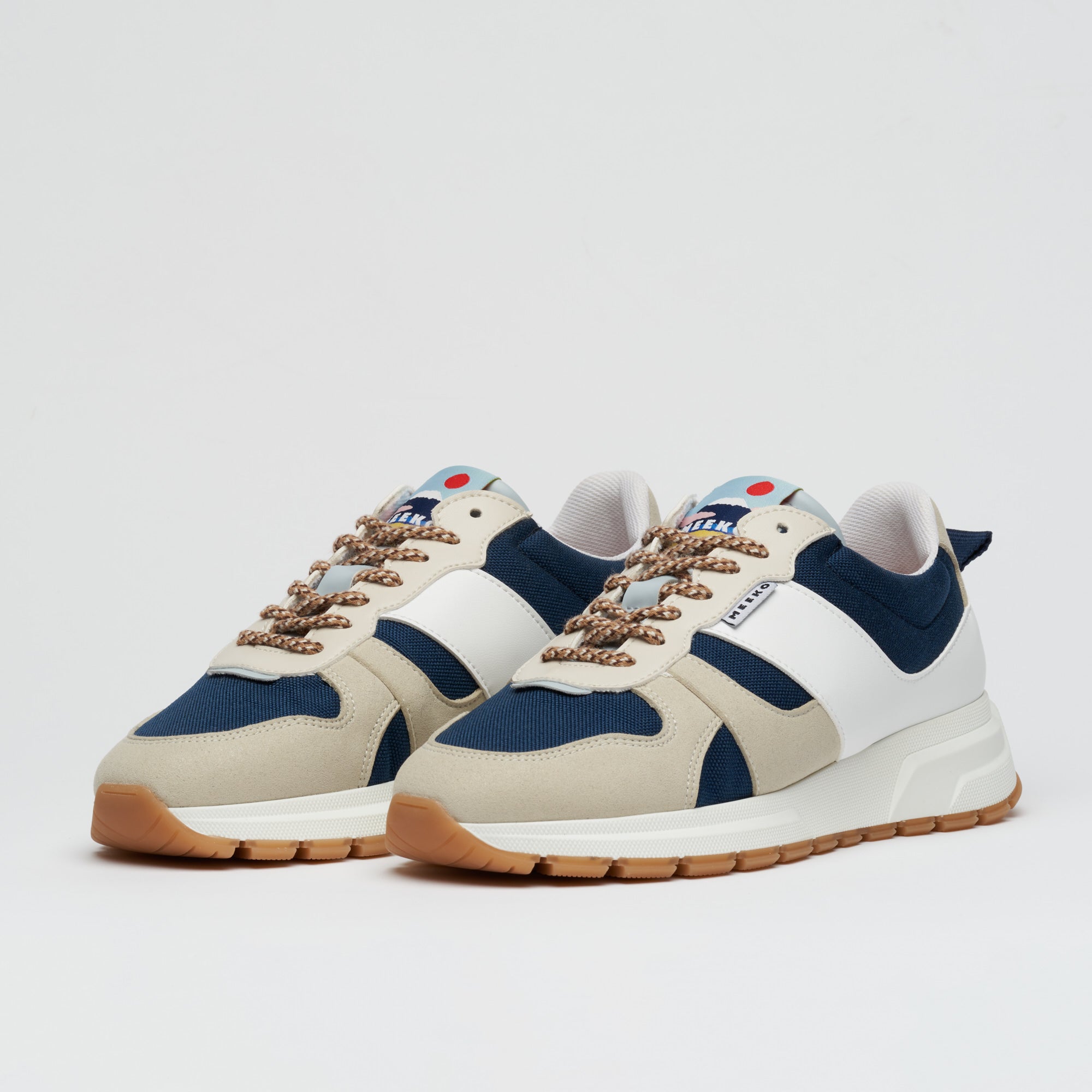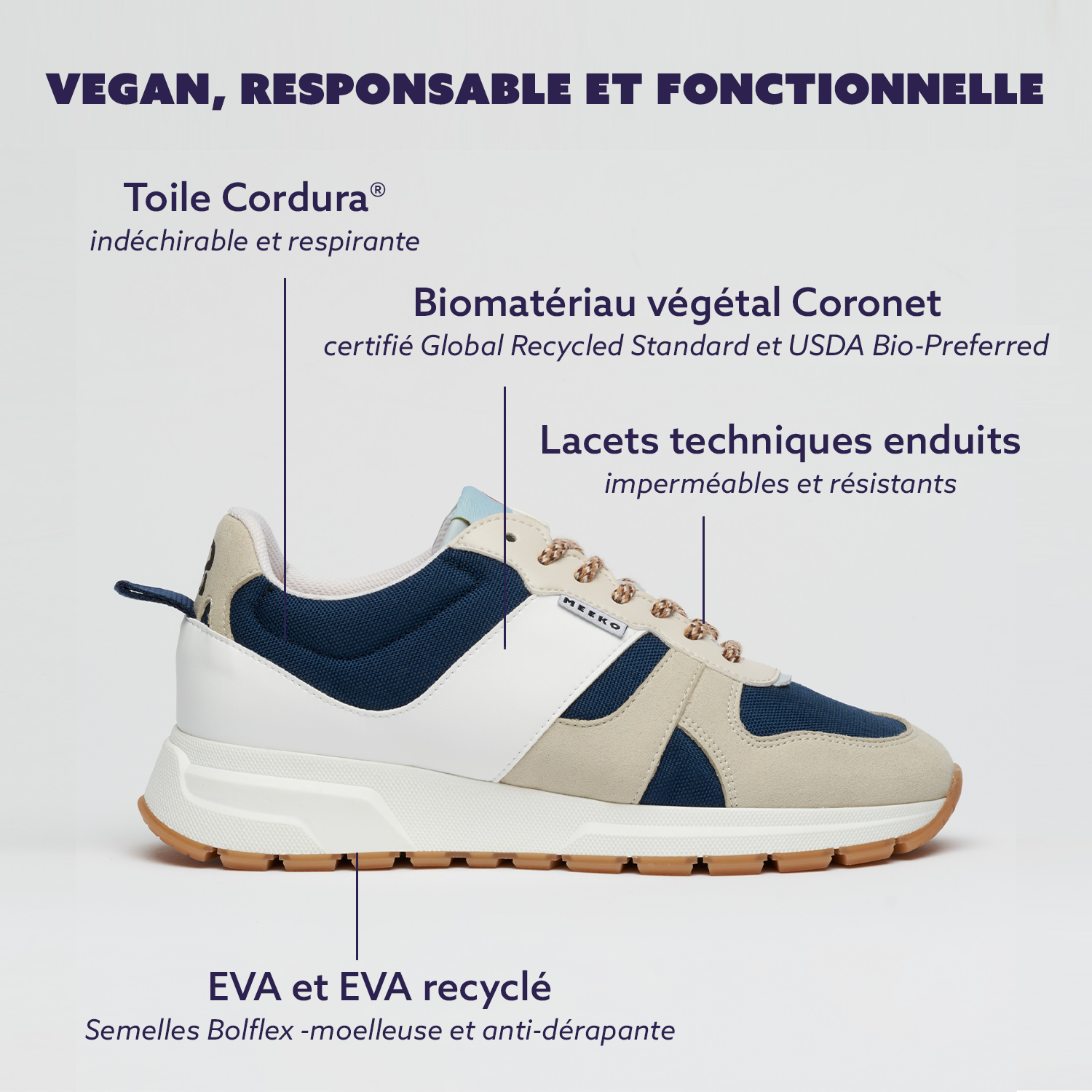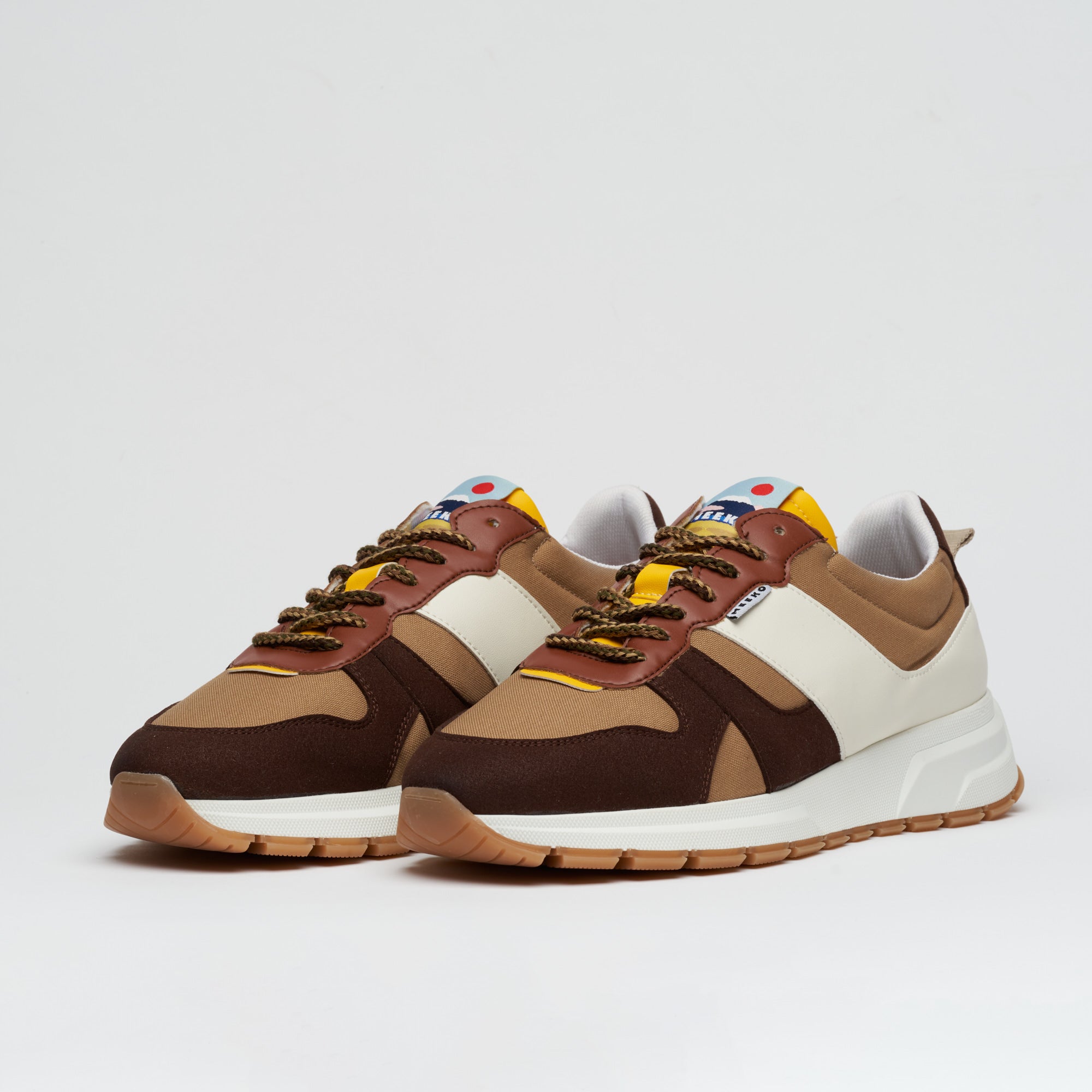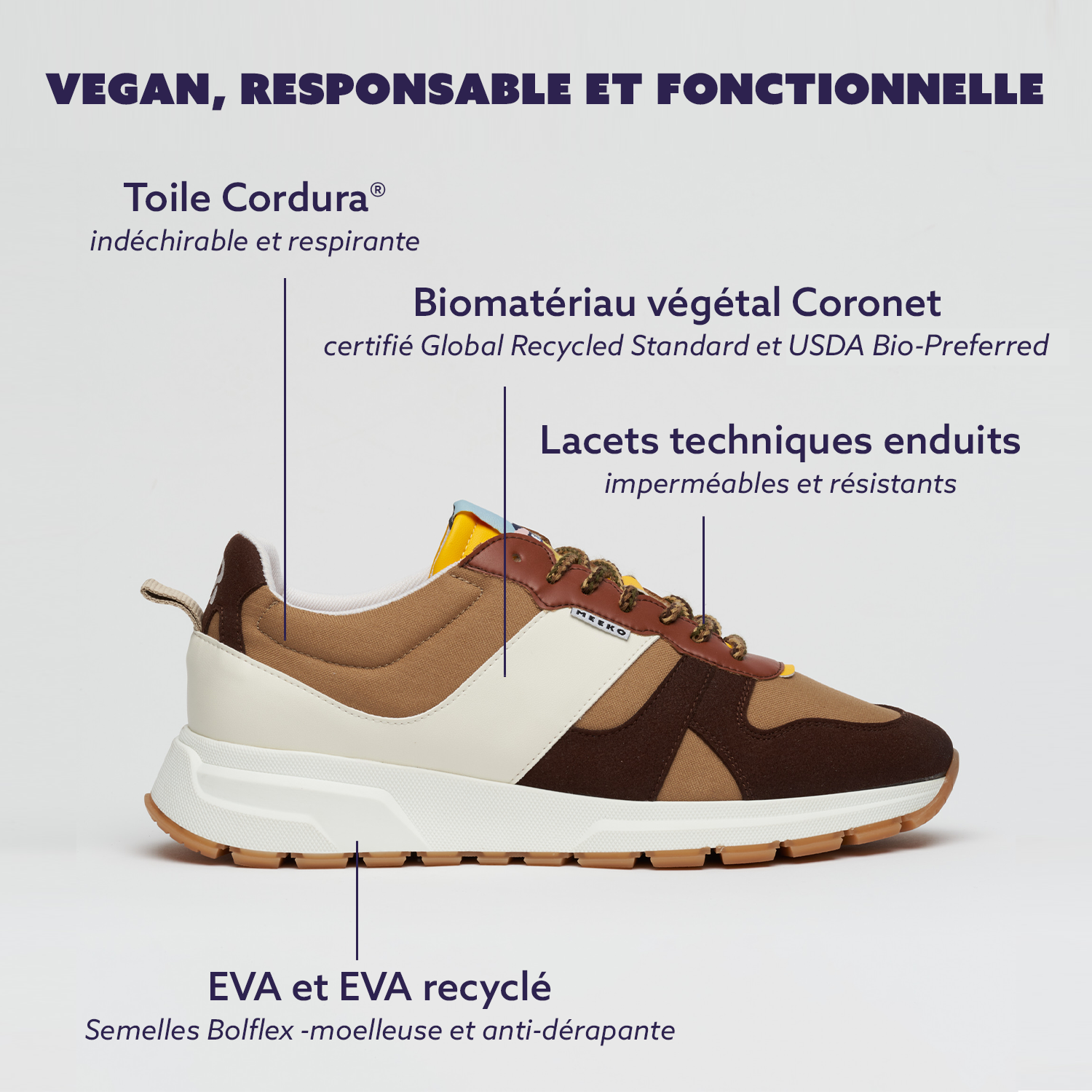15 things to know about sustainable fashion
After seeing the fashion industry wreaking havoc on the planet, consumers are now turning to healthier alternatives and a more eco-friendly mode of consumption. This is why sustainable fashion is gaining more and more momentum and even plans to become the future of ready-to-wear. However, before embarking on this eco-responsible approach, it is necessary to inform yourself in order to best reduce the environmental impact of your consumption. How to dress responsibly? What are the points to check when buying a garment? Why promote second-hand to the detriment of fast fashion and how to contribute to fair trade? Here are 15 things to know about sustainable fashion.
1. Take stock of your purchases
Ethical fashion starts with rethinking the way you buy your clothes and accessories, for both men and women. Adopt a greener approach by consuming less and sorting your purchases. To cope with the 100 billion pieces of clothing produced in the world every year, you can first review your wardrobe by asking yourself a few questions. Before checking out, ask yourself, "Do I really need this item?" Why am I buying it? Or is it something I'm going to wear at least thirty times? » Remember to direct your purchases by targeting the parts you really need.
2. Learn about the brand
It is important to know if the company is taking an approach that respects the environment by opting for example for sustainable raw materials or raw materials not derived from animal exploitation. Choose a clothing brand that uses recycled fabrics in its manufacturing process. As the textile industry rejects nearly 1.7 billion tons of CO2 per year, it is essential to adopt a less polluting approach in the face of this alarming climatic situation.
3. Second-hand and vintage: the future of sustainable fashion
Like Bella Hadid and Rihanna, buying second-hand clothes allows you to contribute to the circular economy while reducing your ecological impact. Different applications such as Vinted, Vestiaire Collective or Vide Dressing allow you to find vintage and unique models at affordable prices.
4. Consider leasing instead of making a new purchase
If the garment you are looking for does not answer the questions mentioned above, you can choose to rent them. Whether it's a wedding dress, an outfit for a fancy dress party or clothing for a particular event, renting is increasingly becoming an eco-responsible and trendy alternative.
5. Become aware of the existence of greenwashing
Some clothing brands do not skimp on their communication by extolling the merits of their eco-responsible approaches. However, many of them do not quite meet the conditions of eco fashion, namely respect for the environment, humans and animals. This is greenwashing, a technique that allows them to improve their image without adopting concrete measures for the environment. When you are confronted with a fashion brand that claims to be eco-friendly, inquire beyond the mentions “responsible, sustainable, ethical” in order to identify the environmental provisions put in place.
6. The choice of materials: a big step towards ethical fashion
Did you know that polyester is a petroleum derivative that takes decades to decompose? However, this synthetic material makes up more than 55% of clothing in the world. And what about traditional cotton which involves a large consumption of water whether for its production or for its transformation? Opt for committed brands that offer clothing made from certified organic raw materials, natural materials or recycled fabric.
7. Vegan fashion: knowing the difference
If vegan brands opt for fabrics that help fight against animal exploitation, these alternatives do not always result from ethical and responsible production. In fact, in order to avoid the use of wool or leather, these companies opt for synthetic products such as PVC which, as we know, have an impact on the environment. Choose fashion brands that create organic and vegan clothing from recycled materials.
8. Sustainable fashion is about people
Ethical fashion also takes into account the working conditions of the people who made your clothes and accessories. So trust brands that use transparency in their mode of communication by indicating the location of their factories and the production methods applied.
9. Brands align with scientific goals
Like Burberry and Kering, major brands have signed up to the Science Based Targets Initiative. This is an initiative that allows compliance with the Paris Agreements concerning the reduction of CO2 emissions by companies in the field of fashion.
10. Responsible fashion involves working on positive impacts
In addition to reducing their ecological footprints, several eco-responsible brands like Sheep Inc and Mara Hoffman also focus on the positive impact that fashion has on the environment.
11. Ethical clothing does not use chemicals
In addition to polluting local waterways, chemicals used to treat garments also cause different health problems for workers. The OEKO-TEX and Bluesign certifications impose different conditions on the use of chemicals in manufacturing.
12. A responsible brand uses less water
Water consumption in the textile industry is estimated at 93 billion m3 per year. In addition to factories having to rethink their production methods, consumers can also take part in reducing this water consumption by opting for products made from organic cotton and materials with a low water footprint.
13. Take care of clothes instead of throwing them away
In addition to promoting the circular economy by turning to less expensive alternatives to take care of your clothes, you are also doing good for the planet. You can also extend their lifespan by not washing them frequently. This is also the case for shoes which can be maintained with ecological solutions.
14. Microplastic pollution must be reduced
As the presence of synthetic materials in clothing, especially underwear, is essential in order to preserve their elasticity, it is possible for consumers to reduce microplastic pollution by adopting ecological gestures when washing. For example, you can bet on washing bags as microplastic filters or washing balls to put in the drum if you use a washing machine.
